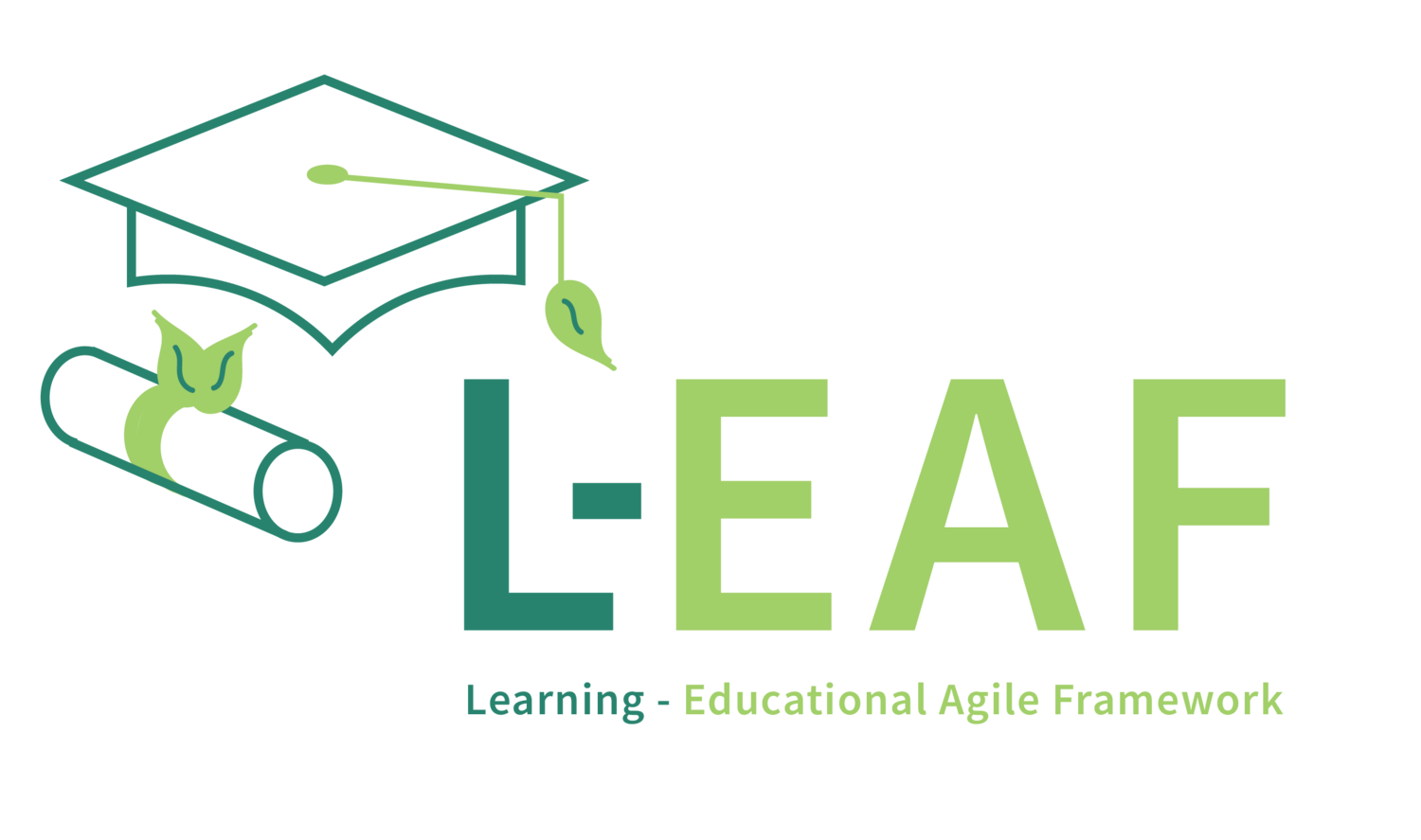The Micro Learning Cycle – Student-Centered Activities and Growth
In this article we will take a deep dive into the Micro Learning Cycle, the student-centered cycle of the LearningFLOW methodology. This is where the preparatory, planning and refinement efforts of the Meso and Macro Cycles truly pay off, transforming into a variety of student-led learning adventures. This exploration will unveil how the Micro Learning Cycle is crafting a rich, hands-on, and tailor-made educational experience in any context.
Empowering Students at the Forefront of Learning
The essence of the Micro Learning Cycle lies in its promotion of student-driven learning. At this "on-the-ground" stage, learners take the helm of their educational voyage and are in charge of “pulling” learning outcomes and activities to their team and themselves. Students utilize the insights and skills gained from earlier cycles to engage in real-world tasks and projects which challenge them to think critically and practically apply knowledge to solving problems. This paradigm shift not only empowers students but also propels them to embrace their learning journey, nurturing autonomy, accountability, and allows them to practice the executive functioning skills sought after in the workforce.
Diverse and Customized Activities within the Micro Cycle
Activities in the Micro Cycle are similar to those in the Meso and Macro Cycles just done in a much shorter time scale. Students Plan the learning outcomes and activities for the cycle, to kick off each Micro Cycle. As the cycle progresses, students refine cards for the current and future cycles, aligning with the students' interests, needs, and targeted learning objectives, collaborate on the learning tasks, manage the risk to the Micro Cycle Plan, Demonstrate completed outcomes and activities and conclude the Micro Cycle with a Retrospection that identifies experiments for improving the next Micro Cycle. These learning tasks could include individual research endeavors, group collaborations, or community-based projects work. Such practical applications of theoretical knowledge enhance students' grasp and involvement with the subject matter.
Personalization and Experiential Learning: The Hallmarks of Micro Cycle
A distinctive feature of the Micro Cycle is its focus on personalized and experiential learning. Students are motivated to delve into subjects that align with their passions and goals, making their learning journey more relevant and engaging. This approach is enriched by experiential learning opportunities, where students learn through action, experimentation, and reflection.
The Micro Cycle expertly blends personal exploration with collaborative activities. While providing space for individual interests, it also encourages teamwork and peer learning, creating a dynamic and interactive classroom environment. This combination fosters both personal expertise and collaborative skills, the skills that drive a digital economy.
Student Tasks and Responsibilities: Leading Their Educational Path
In the Micro Learning Cycle, students are the primary actors in their educational narrative. They engage in various tasks, from independent research to hands-on experiments, requiring the application, analysis, and synthesis of their accumulated knowledge by completing Learning Outcomes and Learning Activities as captured on learning task cards. This cycle involves applying learned concepts in real-world scenarios, experimentation, and balancing collaborative and individual learning activities.
Teacher’s Role: The Guide on the Side
In this cycle, teachers transform into facilitators, coaches and guides, supporting students in staying aligned with their goals and checking in when cards stop flowing. Teachers offer resources, expert insights, ask probing questions and a safety net, ensuring students navigate complex learning tasks and collaborative team practices effectively.
The Micro Learning Cycle places great emphasis on teamwork and peer interaction. This cycle actively involves students in joint projects and group tasks, fostering deeper understanding through shared learning and support.
Ideal Duration: Adaptable and Responsive
The optimal duration of the Micro Learning Cycle varies, typically spanning a one to four weeks, ensuring ample time for exploration, experimentation, and reflection while also providing enough repetitions of the Micro Cycle to improve in the practices. Flexibility is key, with educators adjusting the time scale based on student progress and needs.
Feedback loops are critical in the Micro Learning Cycle, offering timely, constructive critiques on student activities and performance. This includes peer feedback and self-assessment, aiding students in recognizing their strengths and improvement areas.
The Future of Learning with LearningFLOW
In conclusion, the Micro Learning Cycle is the student empowering phase in the LearningFLOW pedagogy, marked by student-centric learning and active, experiential engagement. It prepares students not just for academic success but for lifelong learning, adaptation. This cycle, when nested within the Meso and Macro Cycles, forms a comprehensive educational system, poised to revolutionize the learning experience.



